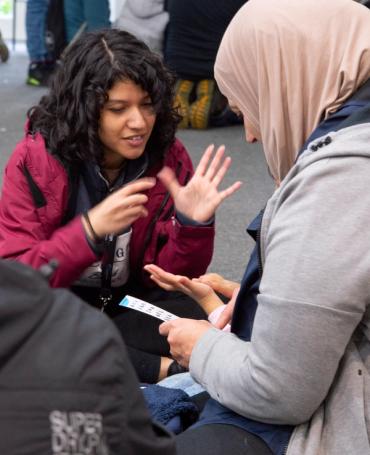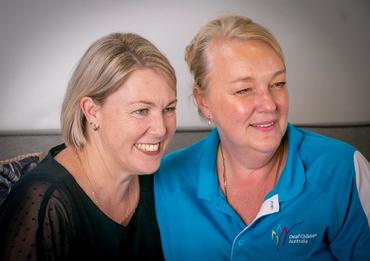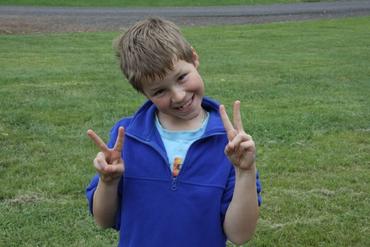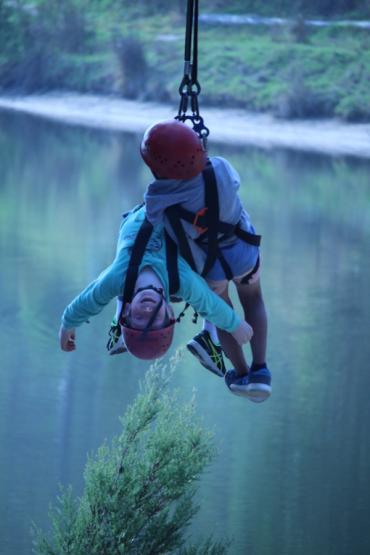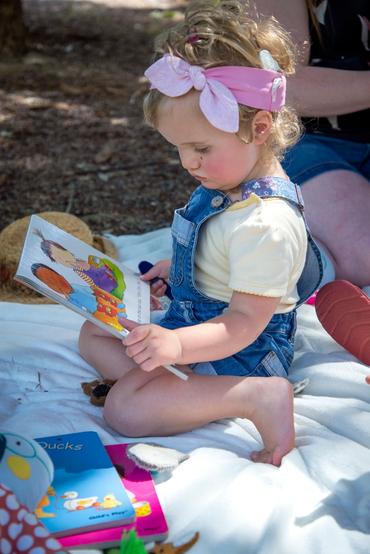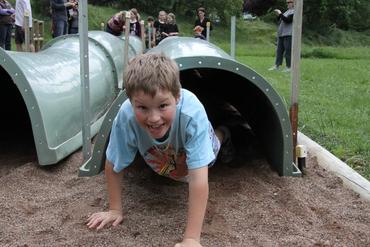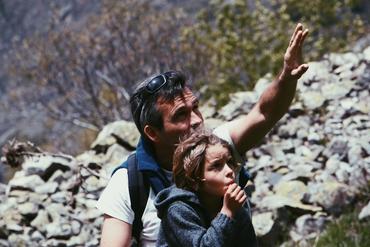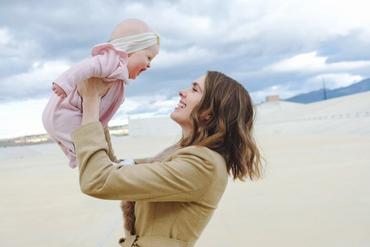Content Finder
There is a great deal of information available on the internet about deafness. We have collected a range of the key subjects parents told us were important to them - and you can check these out right here. Just use the drop-down filters to help focus on what interests you and we will feed in the relevant content.
Discover more about Auslan
Auslan (Australian Sign Language) is central to a bimodal bilingual approach for your child. Find out more about Auslan below plus links to Auslan providers. You can find links to Auslan tutors on the 'Service Finder' page.
Fact checks
Here are some some facts and figures to help combat misinformation that can be found on the internet.
Bimodal bilingual choices.
One of the earliest choices you’ll need to make is how you’ll communicate with your child. Finding a form of communication everyone in your family can understand is very important. Your choice should reflect what’s best for your child and family.
The Importance of Rich Childhood Experiences.
When families and communities collaborate in positive ways, a deaf child's capacity to achieve their learning potential is significantly enhanced.
Bilingual Bimodal approach to Language Acquisition.
Parents can help improve their child's language development by providing rich language experiences led by their child's language preferences.
Early Intervention Key to Improving Literacy Skills for Deaf Children.
There are great benefits for deaf children in having their parents read stories to them in sign language.
A New discourse of Language Development in Deaf Children.
Children learning to communicate may benefit from using multiple modes of language- gestures, signs, spoken words and writing.
Signing with Babies and Children: A summary of findings.
For infants and toddlers, signing can help develop language skills, expand vocabulary and improve reading skills.
My story, my career path - Brent Rogers
Brent is an employment consultant. He enjoys reading and is passionate about teaching Auslan.
Common Questions and Informed Evidence-based Answers.
Learning sign language together can be one of the strongest bonding experiences that the family and a deaf or hard of hearing child have.
Support for parents of deaf children.
Common Questions and Informed, Evidence- Based Answers.

